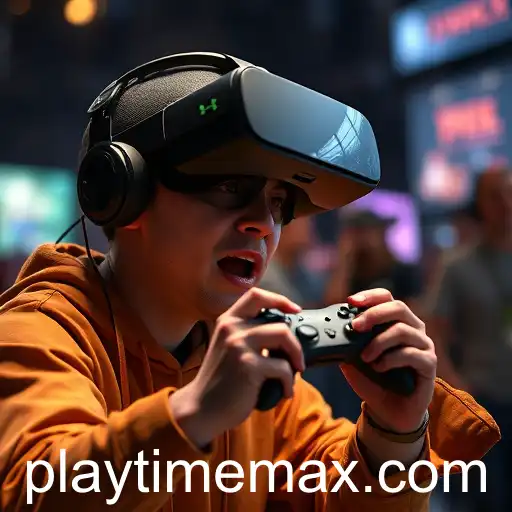
The gaming industry has undergone a significant transformation over the past decade, becoming more immersive, interactive, and accessible than ever before. Recent developments in technology have redefined 'playtime' as gamers know it, introducing new dynamics that have electrified digital landscapes. As we delve into 2025, we witness the monumental shift in gaming culture, empowered by both cutting-edge tech and vibrant communities.
Augmented reality and virtual reality have taken center stage, offering players a more realistic and engaging playtime experience. Devices such as VR headsets and AR glasses have not only enhanced game graphics but have also integrated real-world environments into virtual storytelling, merging reality with fantasy in unprecedented ways. This advancement allows for deeper player immersion, as gamers find themselves physically moving through their games, interacting with virtual constructs as though they were tangible.
Furthermore, the modern gamer now relishes connectivity. With the rise of cloud gaming platforms, all that's required is a reliable internet connection. Services like Microsoft's Xbox Cloud Gaming and NVIDIA's GeForce Now enable smooth streaming of high-quality games directly from powerful servers, diminishing the need for high-end personal gaming hardware. This not only democratizes access to games but also ensures everyone enjoys the same playtime quality, regardless of their device.
The community aspect of gaming has also evolved significantly. Social features are now integral within most gaming platforms, encouraging players to forge friendships and participate in varied online communities. Esports tournaments and live-streaming events bring together thousands of players, viewers, and industry professionals, blurring the lines between 'play' and 'spectacle.' Communities have morphed into powerful entities, often influencing game development decisions and marketing strategies.
Looking ahead, the progress in AI technology is set to revolutionize gaming even further, crafting adaptive and personalized gameplay experiences. AI-driven characters with advanced learning algorithms promise to offer not only greater challenges but also dynamic narratives that respond uniquely to each player's actions.
In summary, the concept of 'playtime' is no longer just about entertainment; it encapsulates a complex web of social interaction, technological innovation, and economic considerations. As we traverse 2025, one thing is certain—gaming continues to reshape itself, promising ever more exciting possibilities for players around the globe.


